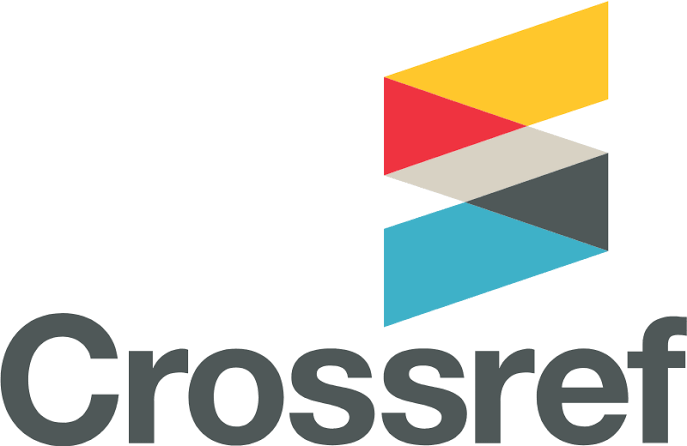EVALUATION OF PEER SUPPORT PROGRAMS IN THE MANAGEMENT OF CHRONIC DISEASES
DOI:
https://doi.org/10.5281/m.v5i1.68Keywords:
Peer Support Programs, Chronic Disease Management, Community-Based Strategy, Diabetes Management, Hypertension Management, Mental Health Support, Effectiveness of Peer Support, Patient-Centered Care, Self-Management of Chronic Conditions, Health OutcomesAbstract
Chronic diseases, including diabetes, hypertension, and various mental health conditions, pose significant challenges to global health systems, affecting millions of individuals worldwide. The management of these conditions extends beyond the confines of clinical interventions, necessitating innovative, community-based strategies to enhance patient outcomes and well-being. This research evaluates the effectiveness of peer support programs as a community-based approach in managing chronic diseases. Peer support, characterized by mutual aid and shared experiences, has emerged as a pivotal strategy in chronic disease management, potentially bridging gaps left by conventional healthcare services. Our study employs a mixed-methods research design, incorporating quantitative assessments of health outcomes and qualitative analyses of participant experiences across various peer support programs. Through a comprehensive review and analysis involving 272 participants with diabetes, hypertension, and mental health conditions, our findings indicate that peer support programs significantly contribute to improved disease management. These improvements are evidenced by enhanced disease-specific knowledge, better adherence to treatment regimens, reduced feelings of isolation, and improved quality of life amongst participants. Additionally, our analysis reveals the critical components of successful peer support programs, which include structured training for peer supporters, ongoing program evaluation, and integration with existing healthcare services. This study underscores the value of peer support as a complement to traditional healthcare approaches, advocating for its broader implementation and integration into chronic disease management frameworks. This research not only adds to the growing evidence supporting community-based health strategies but also provides a foundation for future policy development and implementation strategies aimed at tackling the burden of chronic diseases through peer support mechanisms.
Downloads
Published
How to Cite
Issue
Section
License

This work is licensed under a Creative Commons Attribution-NonCommercial-NoDerivatives 4.0 International License.











